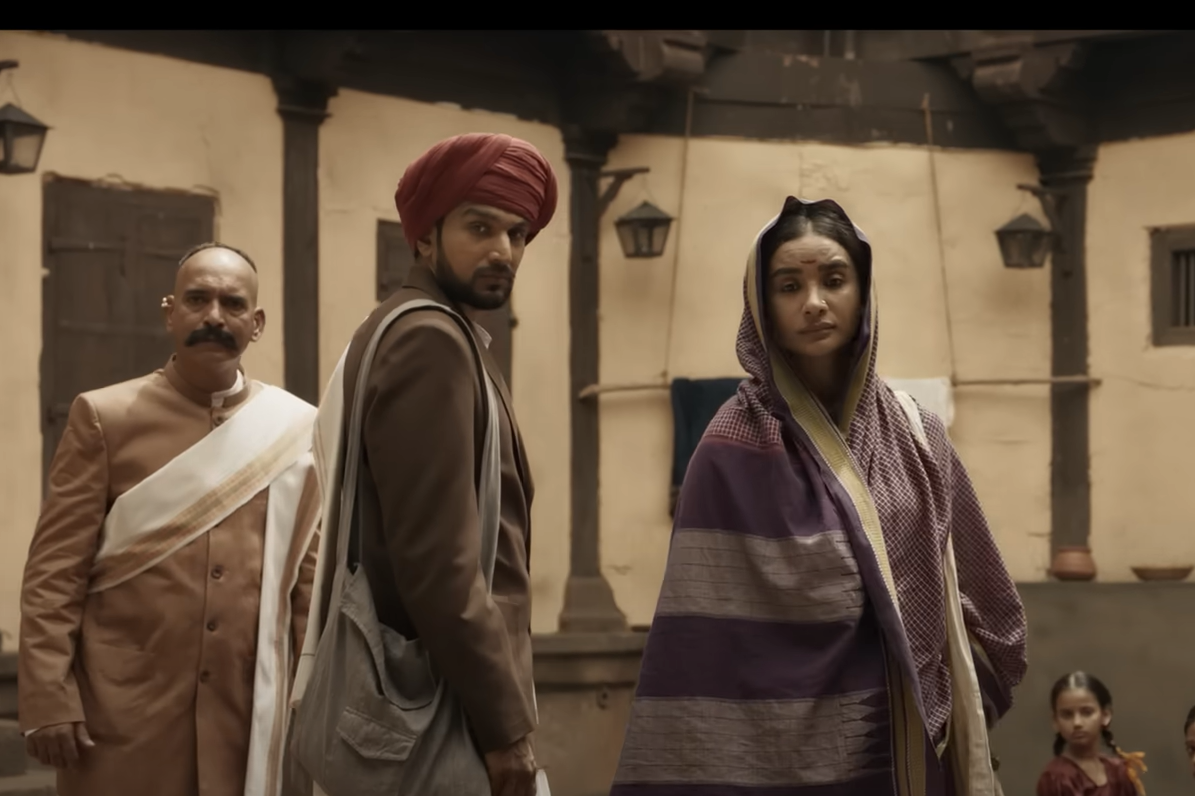India’s film certification board is facing sharp criticism for censoring a kiss between Superman and Lois Lane in the theatrical release of James Gunn’s film.
The 33-second scene was removed entirely from the film shown in Indian cinemas by the Central Board of Film Certification, which reportedly deemed it “overly sensual” for the U/A certificate, a rating roughly equivalent to the UK’s 12A.
While cinemagoers in the rest of the world saw the film, which released in theatres on 11 July, in its entirety, Indian fans noticed a jarring skip, prompting confusion and then condemnation on social media.
“Dear Board Members of CBFC, you are a disgrace to the film industry. Emoji censoring was your lowest point, & today, it was kissing (not making out, just passionate/sensual kissing) in Superman that was cut. If movies are already made to be in ICU, you are the kill switch,” one fan wrote on X.
When they showed the Superman trailer during my F1 screening in Cinepolis, this particular scene was suddenly blacked out with the audio for the trailer still playing.
— Sampad🥐 (@Only_Redacted) July 10, 2025
CBFC has gotten worse. From putting a CGI crop-top in Nosferatu to weird ass censorship in A-rated movies. https://t.co/36mTEcLpBu pic.twitter.com/IGDgTAp2Xb
CBFC would allow horrific scenes of violence and sexual assault in a U certified film that kids are freely allowed to watch, but won't allow consensual kissing in a U/A comic book movie that kids should watch under adult supervision.
— Pranav Gangadharan (@pranavgngadhrn) July 11, 2025
Kissing is a sacred act of love, but our country makes it look like a crime.
— 𝘼𝙮𝙪𝙨𝙝 (@abasu4ever) July 11, 2025
Internet can do wonders. The next movement should be started in order to abolish the CBFC.
They ruined Oppenheimer, F1 & now Superman.
We should have a CERTIFICATION BOARD, not a censor board. https://t.co/cQkONMuvcA
Another wrote: “Now watching Superman and boy howdy the Indian censor board has embarrassed itself with the abrupt cuts they've made to the film. The "morality" of censorship aside, the way they've managed to mangle the flow is atrocious. Awful editing job all around by the CBFC.”
Indian fans are increasingly critical of the film board for what they describe as regressive and hypocritical censorship, which many say is getting more frequent.
Many online commentators pointed out that the same board which removed a consensual kiss regularly passed films that glorified violence, promoted regressive gender roles, or peddled misinformation about minority religious communities. A prominent example was the 2023 blockbuster Animal, which faced widespread backlash for its deeply misogynistic portrayal of women and toxic masculinity.
Similarly, films like The Kashmir Files and The Kerala Story, accused of promoting Islamophobic narratives and distorting historical facts, were approved with minimal resistance and even endorsed by government figures.
The film board’s role is to certify movies for public viewing under the Cinematograph Act of 1952, giving them ratings like U (suitable for all ages), U/A (parental guidance), A (adults only), or S (restricted to specialists).
No film can be legally released in Indian cinemas without the board’s certification.
The board often requires filmmakers to make cuts before giving approval. The decisions are usually justified under Article 19(2) of the Indian constitution, which allows the government to place “reasonable restrictions” on free speech to protect morality, decency, or public order.
The 2021 dismantling of the Film Certification Appellate Tribunal, where filmmakers could appeal the board’s decisions, has only worsened the situation. Now, the only recourse is petitioning a high court, a time-consuming and costly process.
The problem, critics argue, is that the board’s interpretations of these terms are inconsistent, subjective, and heavily influenced by political and social pressures.
The Independent has reached out to the film certification board for comment.
The censorship of the Superman kiss is only the latest instance of questionable decisions by the board. Recently, the board forced edits to the film F1, including digitally altering a middle-finger emoji into a fist.
Marvel’s Thunderbolts had its expletives muted and the UK-India co-production Santosh, which highlights police brutality, was denied release entirely.

Even Indian films have not been spared. The Malayalam-language film Janaki vs State of Kerala had to change its title after the board raised objections, demanding the removal of the name “Janaki” arguing that it was an epithet for Hindu goddess Sita and its use in a rape survivor’s context could offend religious sentiments.
In April, the release of a Bollywood film chronicling the lives of two 19th-century anti-caste reformers in India was delayed after upper caste groups claimed it defamed their community.
Punjab ‘95, a biopic of human rights activist Jaswant Singh Khalra starring singer-actor Diljit Dosanjh, was reportedly asked to make as many as 127 cuts.
In case of Aamir Khan’s recent release Sitaare Zameen Par, the board demanded the addition of a quote from prime minister Narendra Modi in the opening disclaimer as well as the removal of “Michael Jackson” and a background visual with the word “Kamal”, meaning lotus, the symbol of the ruling Bharatiya Janata Party.







